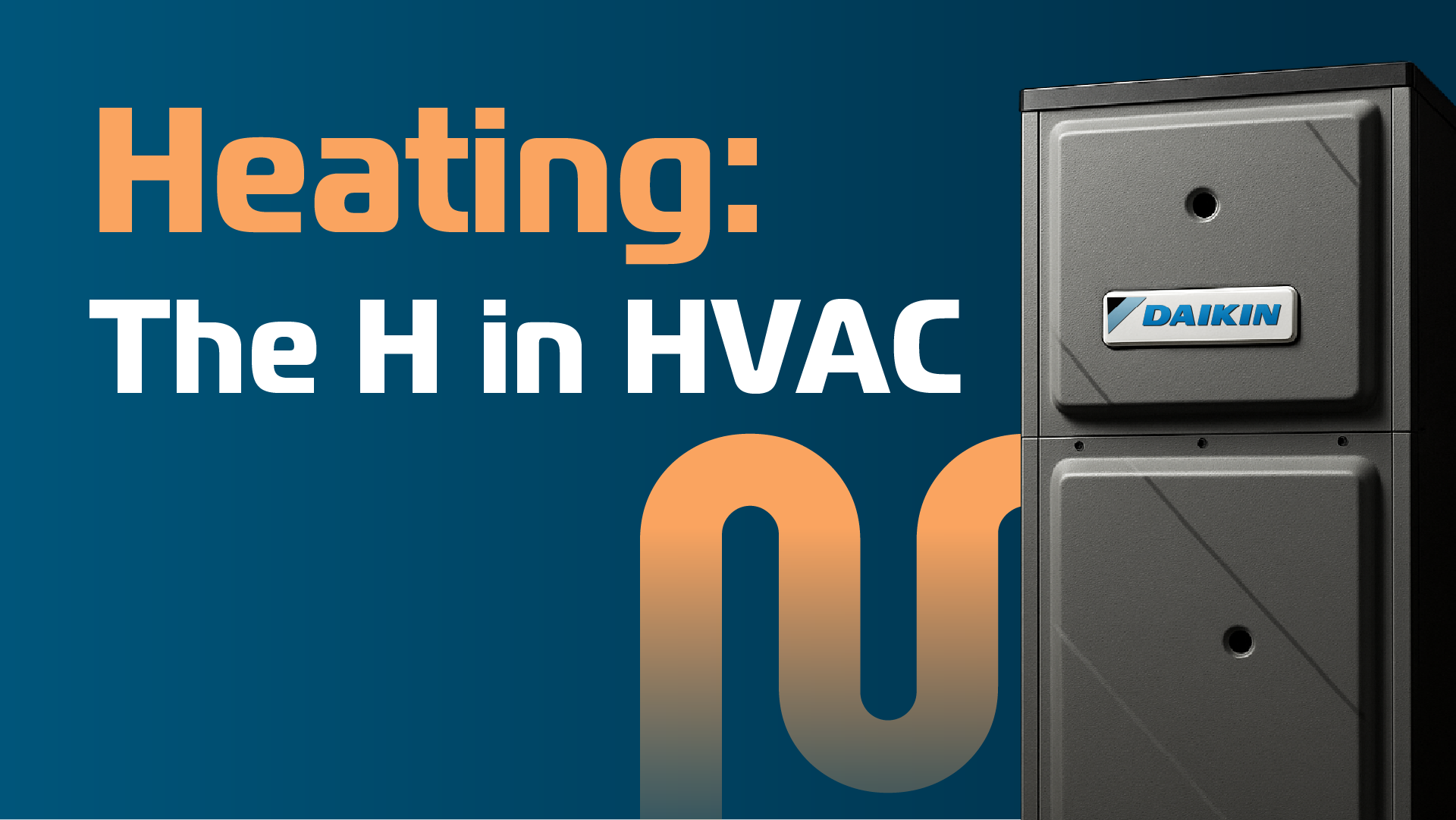Heating Explained: The H in HVAC

What’s HVAC, Anyway?
HVAC stands for Heating, Ventilation, and Air Conditioning. It’s like the “comfort control center” for your home.
- Heating is what keeps you cozy when the temperature drops.
- Cooling is what prevents you from melting during our humid summers.
- Ventilation helps bring in fresh air and remove stale air.
If you want a solid technical intro, check out our first Mechoblogs, "What Is HVAC?"

The “Heating” Part: How It Works (Without the Smoke & Mirrors)
Let’s borrow some ideas from SkillCat’s “A Quick Introduction to Heating Systems in HVAC” and put them into layman’s terms.
Here are the main pieces:
Generating Heat
- With a gas furnace, you burn natural gas (or propane) to generate heat.
- Oil furnaces burn oil instead.
- Electric heaters use electricity to heat up coils, and air passes over them to get warmed.
Each method has pros and cons. Gas is popular in many parts of the U.S. for being efficient, but it requires a gas line and proper ventilation. Electric is simpler (no combustion), but tends to cost more to run.
Distributing Heat
Once heat is made, it has to get to your rooms. That happens via:
- Ductwork (for warm air systems — the most common in many homes), or
- Pipes & pumps (for hot water or steam systems, like boilers)
Hot air rises (that’s convection), so placing heat sources lower helps it rise naturally.
Also, there are three heat transfer methods: conduction, convection, and radiation, but convection is the one we mostly rely on in homes.
Furnaces vs. Boilers
- A furnace heats air and pushes it through ducts.
- A boiler heats water and sends it through pipes and radiators.
According to SkillCat, they both share the same “heat generation” methods (fuel, combustion, heat exchanger), just different delivery systems.
Why It All Matters in Virginia Beach
In our coastal region, we get big swings:
- Winter: mild but can get chilly at night
- Summer: hot, humid, and relentless
So your HVAC system has to be versatile: heating, cooling, balancing humidity, dealing with salty air, etc. Also, humidity control becomes a big factor for comfort and preventing mold.
Since we deal with salt air and humidity, regular maintenance is key (clean coils, check seals, etc.). A little care goes a long way.
Common HVAC Questions You Probably Have (But Won’t Admit)
Q: How often should I service my system?
A: At least once a year (Ideally, twice: before cooling season + before heating season).
Q: My system is loud / my rooms aren’t heating evenly. What gives?
A: Could be dirty filters, duct leaks, thermostat misplacement, or issues with the blower motor.
Q: Can I DIY anything?
A: Definitely. You can (and should) change filters regularly, keep vents clear, and ensure your thermostat is placed correctly. For deeper work, leave it to pros, for safety and warranty reasons.
Q: Electric vs gas? Which is better?
A: “Better” depends on your home setup, fuel access, local utility rates, and priorities like efficiency or lower carbon footprint.
Why Mechollage Is Here for You (No Jargon, Promise)
At Mechollage, we believe knowledge empowers you. We don’t want you scratching your head, wondering what’s going on in your walls. So when we come in:
- We’ll explain what’s happening in plain English
- Show you any issues (with photos if needed)
- Give you options (repair, replacement, efficiency upgrades)
- Work with your budget and offer financing (no surprise bills)
Whether you’re in Virginia Beach, Norfolk, or somewhere in between on the 757, we’ve got your comfort covered.
To Sum Up
- HVAC = Heating + Ventilation + Air Conditioning
- Heating creates heat (combustion, electricity), and distribution moves it (ducts/pipes)
- Cooling works using the refrigeration cycle
- Regular maintenance extends life and saves energy
- Always pair tech talk with real talk, ask questions, demand clarity
If your heater’s acting funny, AC won’t cool, or you just want someone to walk you through what’s what, give Mechollage a shout!
Stay comfy,
Your Mechollage Team
